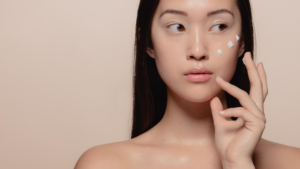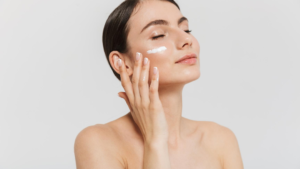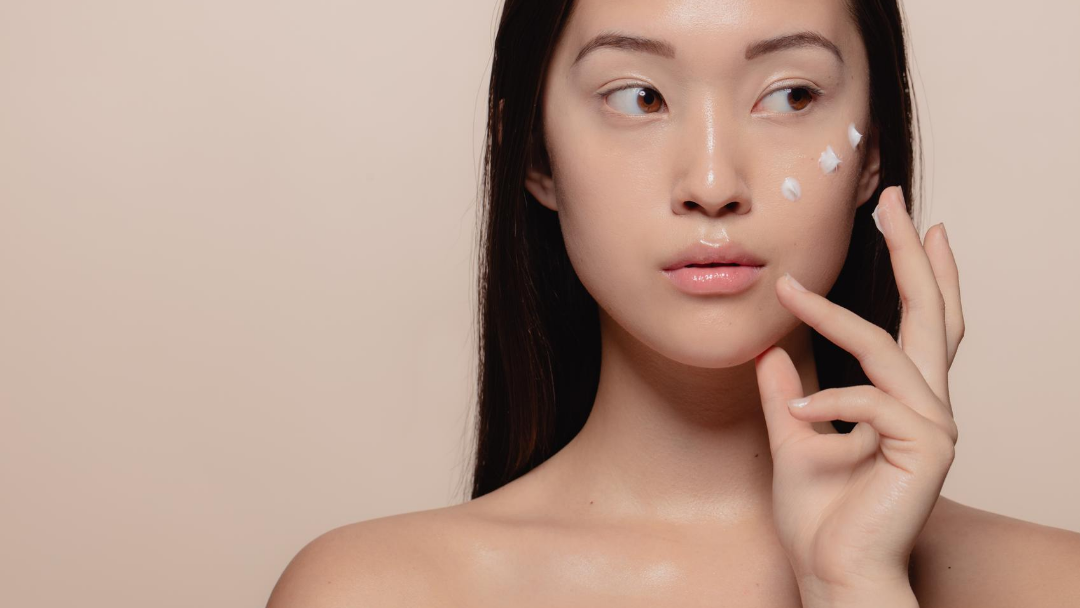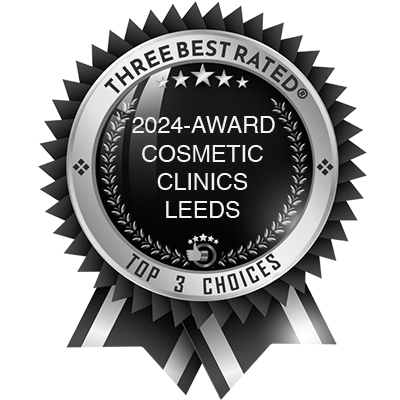We can’t get enough of skincare. It’s one of the only at-home treatments that can procure transformative results, especially when you use professional-quality skincare. Now, some skincare ingredients are better than others, and some should be avoided by most (if not all) skin types.
Here’s our Face Perfect Clinic guide to the good, the bad, and the ugly of skincare ingredients.
Skincare ingredients to avoid

High concentrations of alcohol
Unless otherwise advised by your practitioner, skincare with high levels of alcohol in it should be avoided at all costs, especially for those with problematic, sensitive, or ageing skin. Alcohol is extremely drying, so at the very least it can cause you to become flaky and, at its most extreme, even cause visible redness and physical discomfort – think stinging and tightness, and potentially rashes.
Alcohol is a common skincare ingredient in many highstreet products, especially acne face washes aimed at younger people, and this is because alcohol dries out excess oil. However, because these concentrations are so strong (partially because it’s a cheap, non-prescription ingredient for cheap, non-prescription products), they can do more harm than good.
Perfumed products
If you see a product that boasts a perfume or a scent, no matter how delicate that scent may seem to you, rest assured this means plenty of artificial chemicals. Even the meekest or gentlest of scents, like rose or floral notes, can mean more chemicals than your skin would like. Because perfume in skincare products is often alcohol-based too, this can add to the drying and even cause reactions in sensitive skin.
Chunky exfoliants
Products with large pieces of exfoliant sediment should be avoided because there have been tales of these large pieces doing more harm than good. Topical exfoliants that promote the shedding of skin cells – like retinol for example – are always preferable to those that forcibly scrape off the top layer of skin.
Well-known names have used these larger pieces of exfoliant, and their customers have complained of extremely sensitive, red, and painful skin afterwards because the products have taken off far more than they were supposed to. You could even cause tiny cuts, burns, or broken skin with these products! Some brands tried to sidestep the banning of plastic microbeads in exfoliating products (which happened in 2018) by using natural stand-ins such as pieces of walnut shell, but these are still unnecessarily rough.
Skincare ingredients you need

Retinols
Retinols are a skincare ingredient that many skin types can benefit from, particularly problematic or ageing skin. They are a topical exfoliant formed primarily of vitamin A, and they act on the surface of the skin to promote the shedding of dead, dying, and damaged skin cells.
This positive skin cell turnover promotes a healthier glow and radiance, as well as smoothing fine topical wrinkles and adding bounce by promoting the production of fresh skin cells. It can even contribute to the smoothing of scars and hyperpigmentation, benefitting both minor wrinkles, volume loss, and acne healing. This skincare ingredient is non-prescription, so anyone can benefit from it.
Vitamin C
Vitamin C is another favourite in skincare routines, and for good reason. It is particularly useful for brightening the complexion, counteracting, and protecting against free radical damage. This means it is widely used to promote a healthier, more even-toned complexion following environmental damage caused by the sun and pollutants. Free radical damage causes hyperpigmentation in the form of darker patches of skin that can be sprawling or splotchy, and many feel that this prematurely ages their skin. Vitamin C helps to brighten and even the skin tone whilst also promoting a more youthful glow, particularly useful for ageing or damaged skin.
Salicylic and glycolic acids
These acids are another two tried-and-tested ingredients that can transform your skin. Salicylic acid is especially effective for oily or acne-prone skin, because it is oil-soluble. This means it can get deeper into your pores to relevel excessive oil production and clear them of oils and debris. It can help to control future breakouts, decrease oil production, and generally help achieve and maintain blemish-free skin.
Glycolic acid, on the other hand, is a powerhouse for treating the signs of ageing like hyperpigmentation, fine lines, and wrinkles. This acid breaks down the bonds between the surface-level damaged skin cells so that when you wash them away (or, in higher concentrations like chemical peels, when they are shed by your body naturally) you are left with a fresh layer of less-damaged skin cells beneath. Repeated use continues to relevel the skin like this, transforming your complexion.
All of these beneficial skincare ingredients are available in one product or another from Face Perfect Clinic in Leeds. We are huge believers in the power of a good skincare routine, and we fly the flag proudly for Obagi as we have seen how it has re-energised our clients’ skin. For more information, book your consultation today and ask us any questions you may have!






